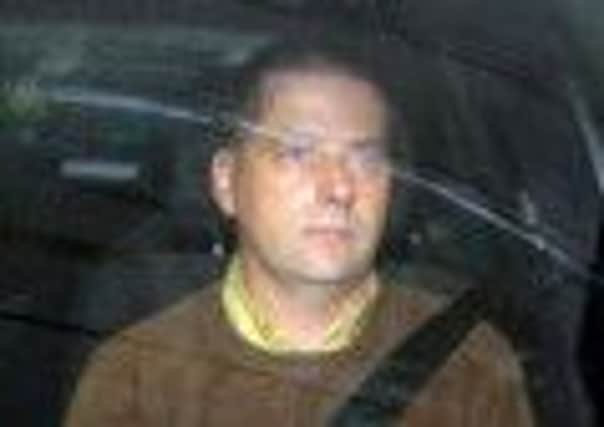PPS will not oppose Martin McCauley’s weapons appeal


Martin McCauley was seriously wounded and a teenager was killed when police opened fire on a hayshed in County Armagh in 1982.
It later emerged that the security services had secretly recorded what happened.
Advertisement
Hide AdAdvertisement
Hide AdThe evidence was not made available to the court during his trial.
The 52-year-old, from Lurgan, County Armagh, was arrested along with Niall Connolly and James Monaghan in Colombia in 2001 and accused of IRA training of rebel FARC guerrilla forces.
They were initially cleared of the charge, only to be convicted on appeal and sentenced to 17 years in jail.
But the three men avoided imprisonment by fleeing Colombia in 2004, turning up in the Republic of Ireland a year later.
Advertisement
Hide AdAdvertisement
Hide AdEven though Mr McCauley faces extradition to South America if he returns to Northern Ireland, the Court of Appeal in Belfast is examining a weapons conviction for which he received a two-year suspended jail sentence.
Police claimed Martin McCauley confronted them with a rifle at a hayshed 32 years ago during the so-called RUC shoot to kill incident.
He was seriously injured and Michael Tighe was killed when RUC officers opened fire.
In 1985, Martin McCauley was convicted of possession of three rifles found inside the shed and given a two-year suspended sentence.
Advertisement
Hide AdAdvertisement
Hide AdHe had insisted he and Michael Tighe, had not been armed and that the police opened fire without warning.
The police told the court that was not true.
Years after his conviction, it was revealed that MI5 had a listening device hidden inside the hayshed at the time of the shooting that recorded what happened.
That recording could have re-established whether the police issued any warnings or made any reference to Mr McCauley being armed before they opened fire.
The existence of the recording was not made known to the court at the time of his trial.
Advertisement
Hide AdAdvertisement
Hide AdIts existence was discovered by the former Deputy Chief Constable of Greater Manchester Police, Sir John Stalker, as part of his investigation into security force killings.
He also discovered that the recording was later destroyed.
Last year, the Criminal Cases Review Commission referred his case to the Court of Appeal, on the basis that potentially significant material had been withheld from the judge.
In a dramatic development on Wednesday, Gerald Simpson QC told the court he had been instructed to read a statement on behalf of the prosecution service.
It said material relevant to the decision to prosecute Mr McCauley was withheld from the director of public prosecutions at the time, from the court and from the defence in the trial.
Advertisement
Hide AdAdvertisement
Hide AdThe statement said this served only to undermine public confidence in the criminal justice system and to bring it into disrepute.
The lawyer told the three Appeal Court judges that the prosecution service would not be making any submissions to uphold the conviction and invited them to exercise their discretion to quash it.
The judges will sit next week to decide whether to do so.